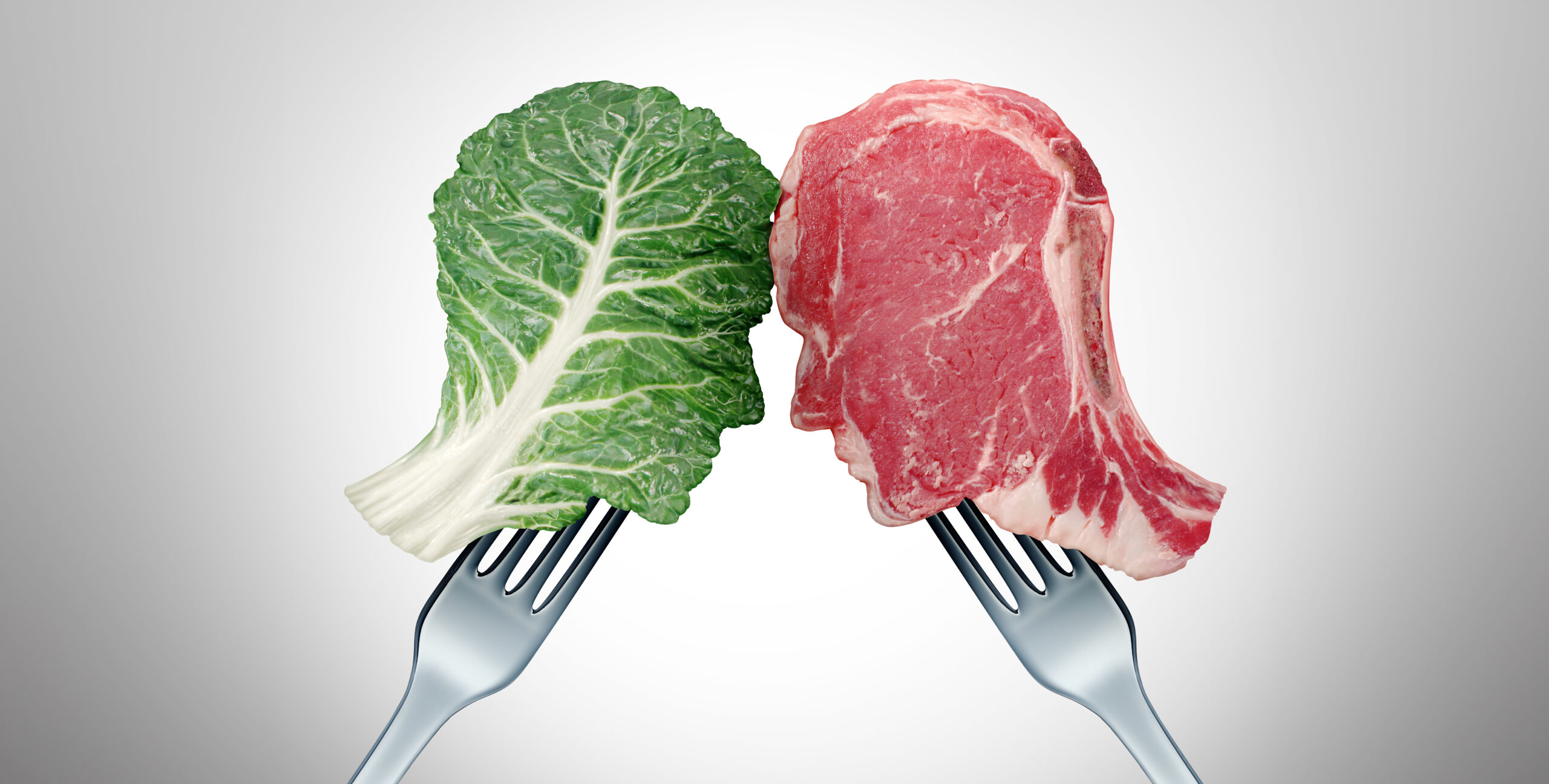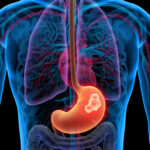
- 0 Comments
- Constantina Constantinou
To eat red meat or not to eat meat? This is the question!🍴
- Colorectal cancer is a significant global health concern, and the International Agency of Research on Cancer (IARC) conducted an extensive investigation into the association between red meat consumption and carcinogenesis. Their findings revealed that red meat is classified as probably carcinogenic (group 2A), while processed meat is categorized as carcinogenic (group 1) to humans.
- In a recent review by Kossenas et al., the authors discuss further evidence emerged regarding the link between red meat consumption and colorectal cancer. Epidemiological studies conducted from 2016 onwards supported the notion that diets low in red and/or processed meat can reduce the risk of colorectal cancer. Additionally, factors such as quantity, doneness, and preparation of red meat were found to play a role in colorectal carcinogenesis.
- Ongoing clinical trials are investigating the effects of different diets and red meat substitution products on colorectal cancer incidence, as well as the underlying molecular mechanisms involved in the process.
- World Health Organisation (WHO). 2021. International Agency for Research on Cancer. IARC Monographs on the evaluation of carcinogenic risks to humans. Red meat and processed meat;114. https://monographs.iarc.who.int/wp-content/uploads/2018/06/mono114.pdf.
- Kossenas K, Constantinou C. Epidemiology, Molecular Mechanisms, and Clinical Trials: an Update on Research on the Association Between Red Meat Consumption and Colorectal Cancer. Curr Nutr Rep. 2021 Dec;10(4):435-467. doi: 10.1007/s13668-021-00377-x. Epub 2021 Oct 19. PMID: 34665439.
Take a proactive step towards your health by considering a reduction in red and processed meat consumption in your diet, and stay informed about the latest research and dietary recommendations related to colorectal cancer prevention.





